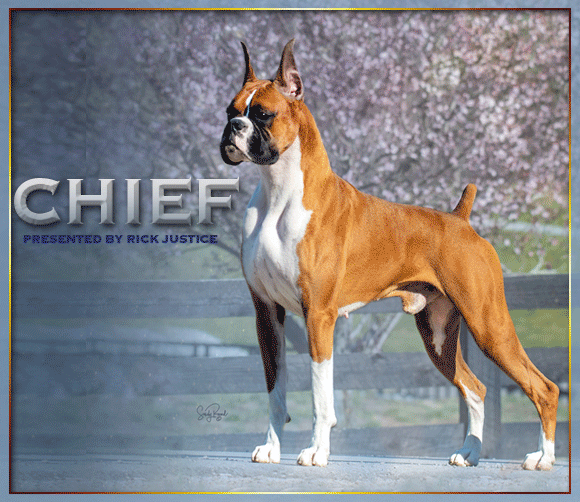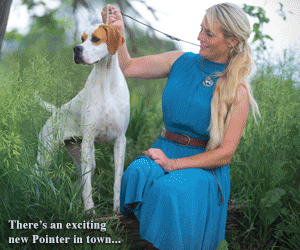The Power of Positive Judging
74 – June 2019
By Wayne Cavanaugh
 Fault judging comes pretty easy for humans in everyday life and in the sport. We seem to be wired, at least to some degree, to find fault in each other. Maybe it helps us feel better about ourselves. As dog fanciers, we can’t help but find fault in each other’s dogs. Maybe it helps us feel better about our own dogs.
Fault judging comes pretty easy for humans in everyday life and in the sport. We seem to be wired, at least to some degree, to find fault in each other. Maybe it helps us feel better about ourselves. As dog fanciers, we can’t help but find fault in each other’s dogs. Maybe it helps us feel better about our own dogs.
We spend a lot of time talking to other people every day. For a good portion of that time, accordingly to Scientific American, we talk about ourselves. We spend the second biggest chunk of time talking about others. It’s no surprise that we typically have wonderful things to say about ourselves and less wonderful things to say about others. I couldn’t find any research regarding what we say about our dogs and other people’s dogs, but I’m guessing the same rules apply. As a human, I probably won’t be able to resist subconsciously doing a little of both in this article.
Accordingly, when we describe our own dogs, we speak enthusiastically about their positive traits. When we speak of other people’s dogs, we are more likely to speak with equal enthusiasm about their negative traits (at least when we think they aren’t listening). While “kennel blindness” may play some role, it’s probably just human nature. It might be the reason people watch Jerry Springer on television – their lives may not be perfect, but relatively speaking, they are way better off than the people on the show.
This human dynamic is naturally embedded in the pulse of our sport. The next time you are at a show, or just talking with other dog show friends, listen for the response when the topic of someone else’s dog comes up. Chances are pretty good that the first descriptive spoken words are negative. “Did you see Joe’s new special?” “His front is a disaster!”
Positive judging, instead of fault judging, does not come easy – it takes practice to think, see, and say positive things first. So, how can we adjust our thinking to instead say: “he’s beautiful dog, correct breed type, wish his front was better?” It’s not just a matter of being nice or polite.
It’s a matter of reframing the dog judging process in our heads so we can learn to focus on virtues, breed-specific details, and make our day and the exhibitor’s day a more positive experience. Miserable judges are a drag on the sport and a dagger to the exuberance and retention of new, and even veteran, exhibitors. So how do we work on being more positive judges; virtue judges instead of fault judges?
Click here to read the complete article74 – June 2019

Short URL: https://caninechronicle.com/?p=164610
Comments are closed











